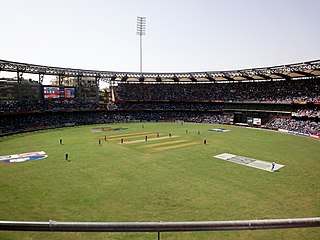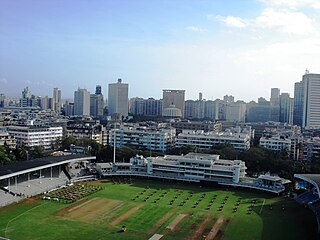Organisation
And so the National Games were held on 4–13 February 1950 in Bombay. Key administrators for these Games were Organising Council Chair Morarji Desai; Organising Committee Chair A. S. deMello (then President of the Bombay Provincial Olympic Association); and Organising Committee Secretary Sohrab Bhoot (then Secretary of the Bombay Provincial Olympic Association).
Anthony Stanislaus de Mello was an Indian cricket administrator and one of the founders of the Board of Control for Cricket in India.

Sohrab H. Bhoot was an Indian Olympian administrator and sports administrator in the early and middle 20th century.
The organising committee included 3 representatives of the Indian Olympic Association Council, as well as the Executive Committee of the Bombay Provincial Olympic Association.** Also assisting with organisation were members of the Reception committee, Meher and Golwalla; Stadium committee, Bebbington and Taraporewala; Village committee, Davies, Saugar, and Wadia; Grounds committee, Rane and Pardiwala; Publicity committee, Mody and Saugar; Finance committee, Mehta and Kapadia; Transport committee, Shenoy and Kate; Program committee, Joseph and Gole; and Games committee, Mhaskar and Gole.
The brochure for the Games thus noted: "True to Bombay tradition we had the help and cooperation from one and all whom we approached in the cause of Sports." And A.S. DeMello noted on February 10 at Brabourne Stadium: "In staging these games, we have received the powerful help and influence of the Government of Bombay, of friends and of many friendly experts, all of whose invaluable aid it is my privilege to acknowledge gratefully today."
**The principal officers and executive committee members of the Bombay Provincial Olympic Association were:
1949-50: President A S deMello; Vice Presidents K G Lohana and P R Bhatt; Treasurer J Kapadia; Secretaries S Bhoot, L R Agaskar, A R M Sidiki; Members T Adams, W Abraham, K F Golwala, Y A Gole, N D Kate, B M Mistry, J T Martin, N S Saugar, V H A Sonawalla, D B Taraporewala, K Ziaudin
1948-49: President A S deMello; Vice Presidents K G Lohana and J S Bharucha; Treasurer P R Bhatt; Secretary S Bhoot; Members D Abraham, W Abraham, L Agaskar, K F Golwala, Y A Gole, M D Kale, J T Martin, N V Sarma, N S Saugar, V H A Sonawalla, D B Taraporewala
1947-48: President A S deMello; Vice Presidents K G Lohana and S Setna; Treasurer P R Bhatt; Secretary S Bhoot, J Pardiwala; Members W Abraham, T Adams, L Agaskar, M K Choksi, K F Golwala, N M Limaye, M B Maneckji, J T Martin, R G Nair, N V Sarma, Valimahommed H A Sonawalla















